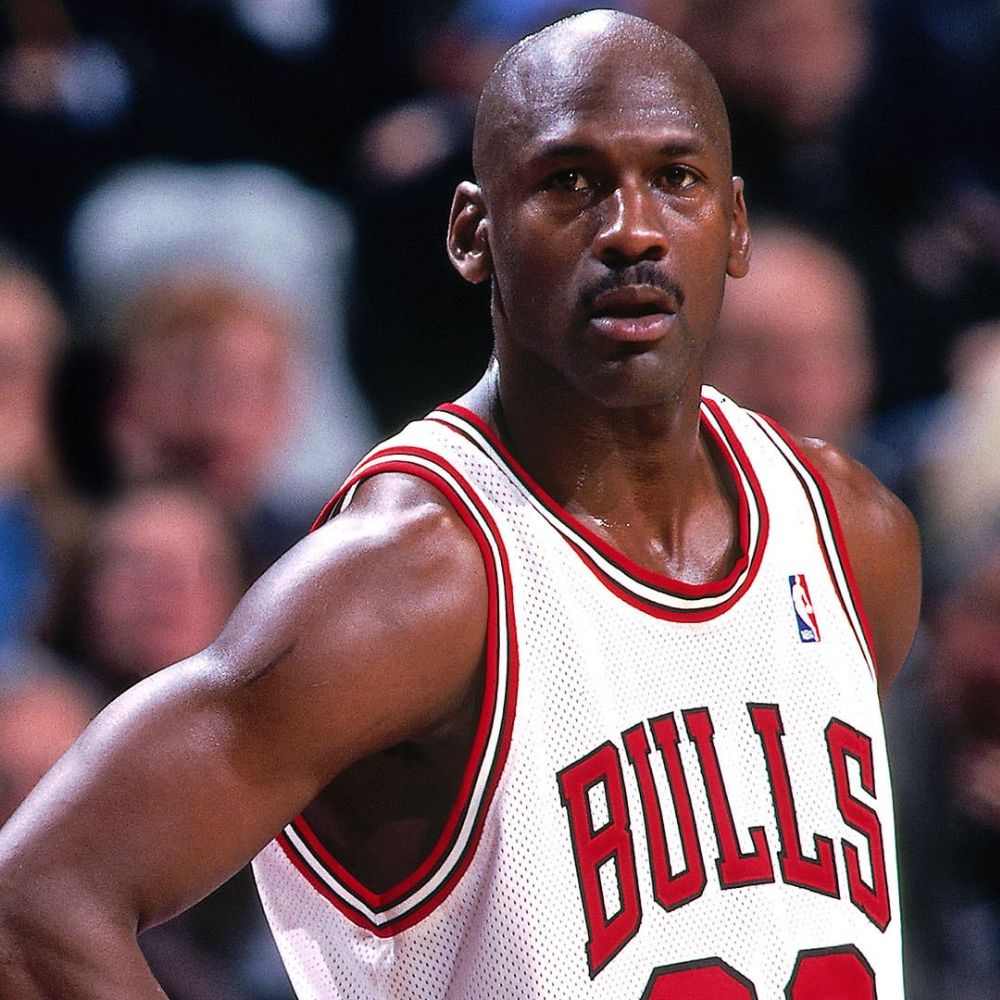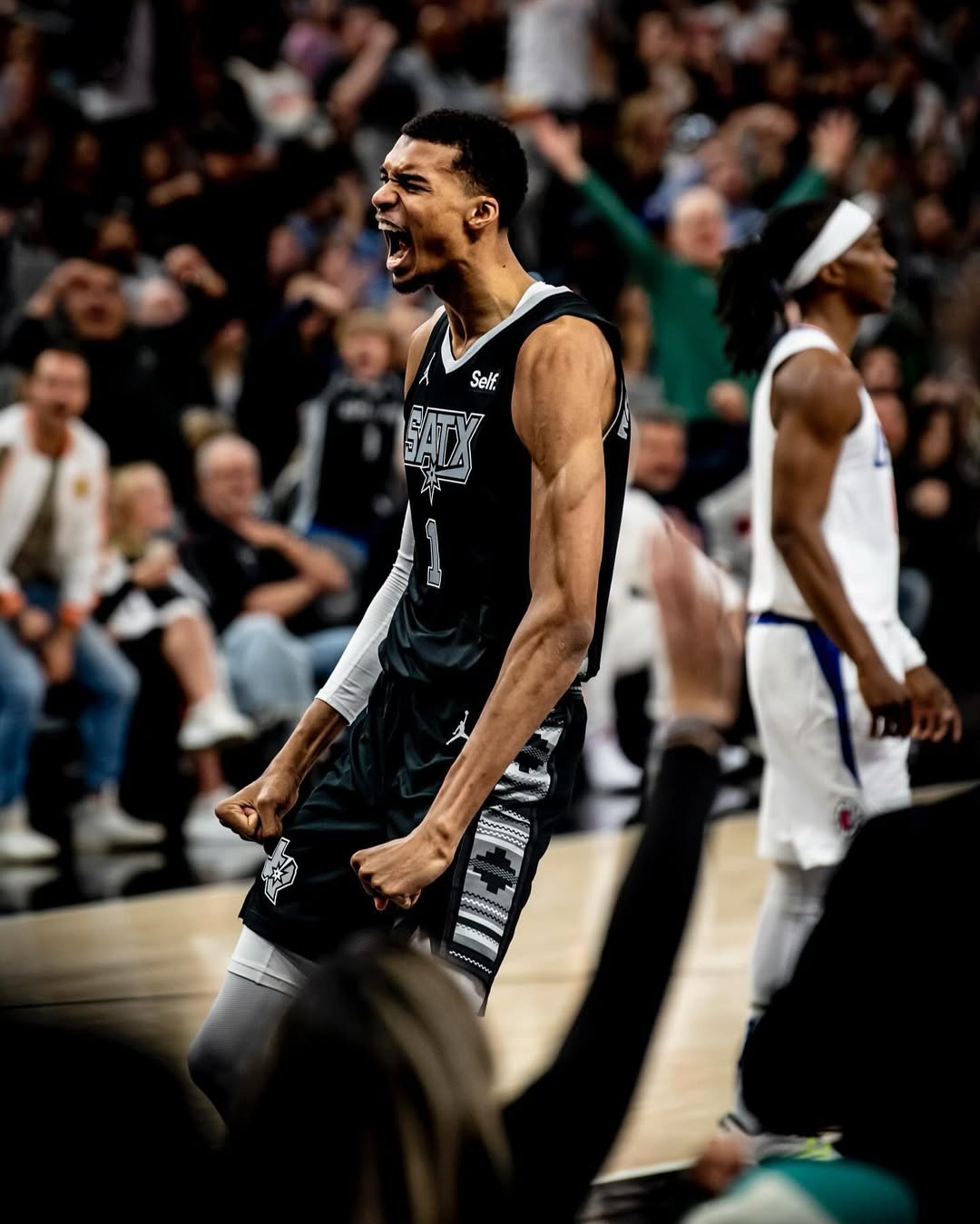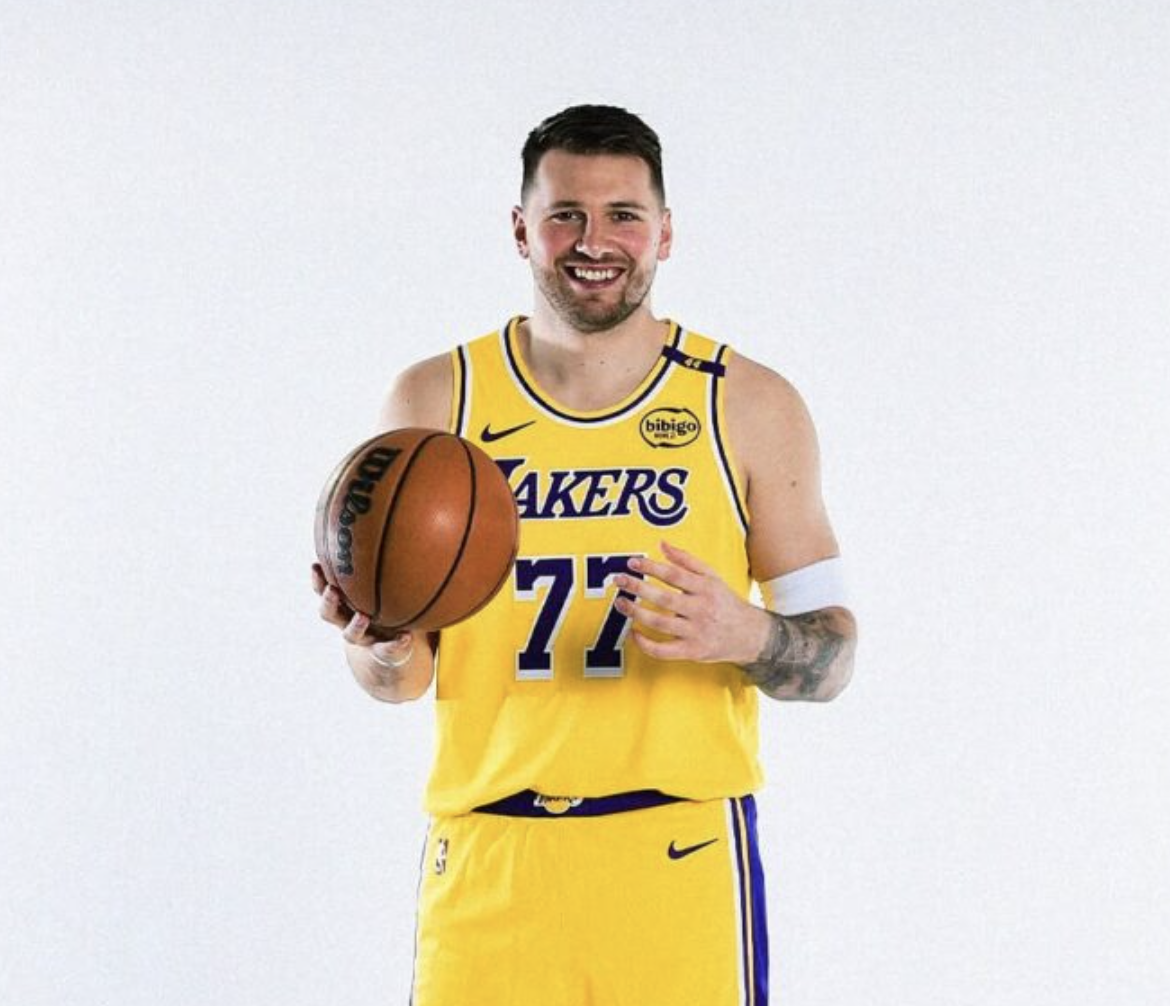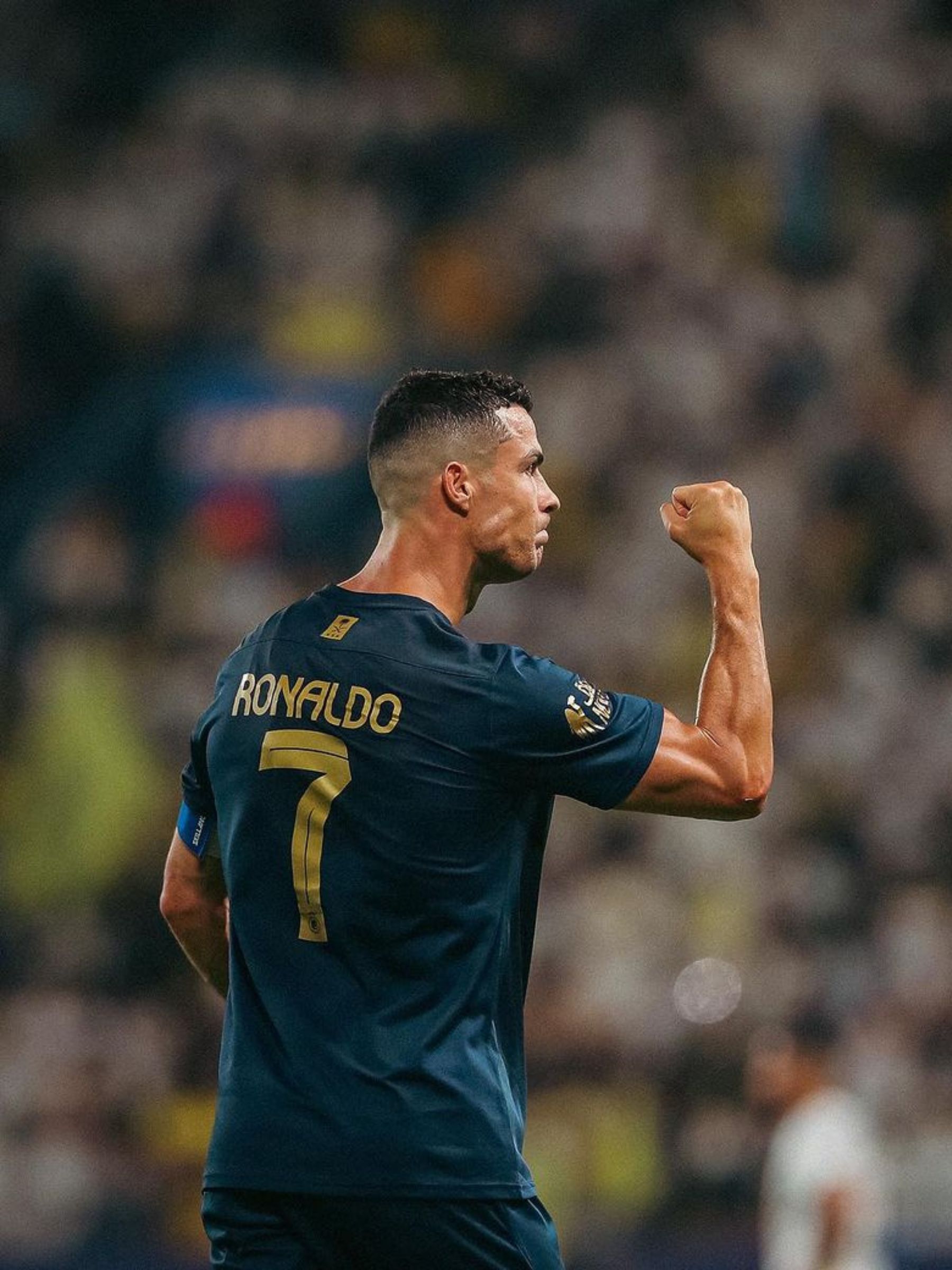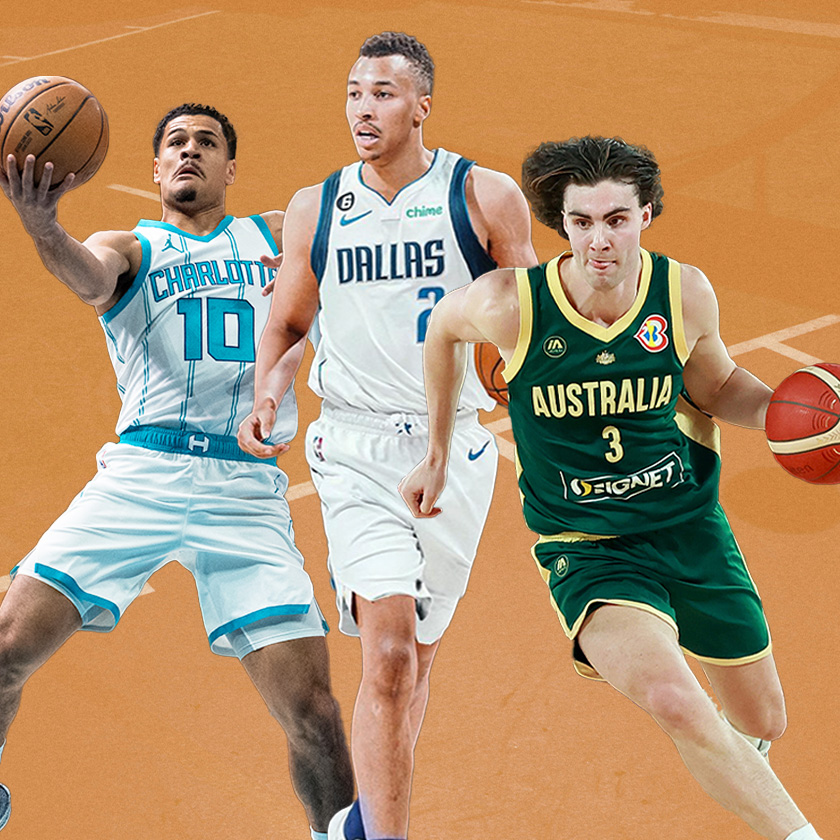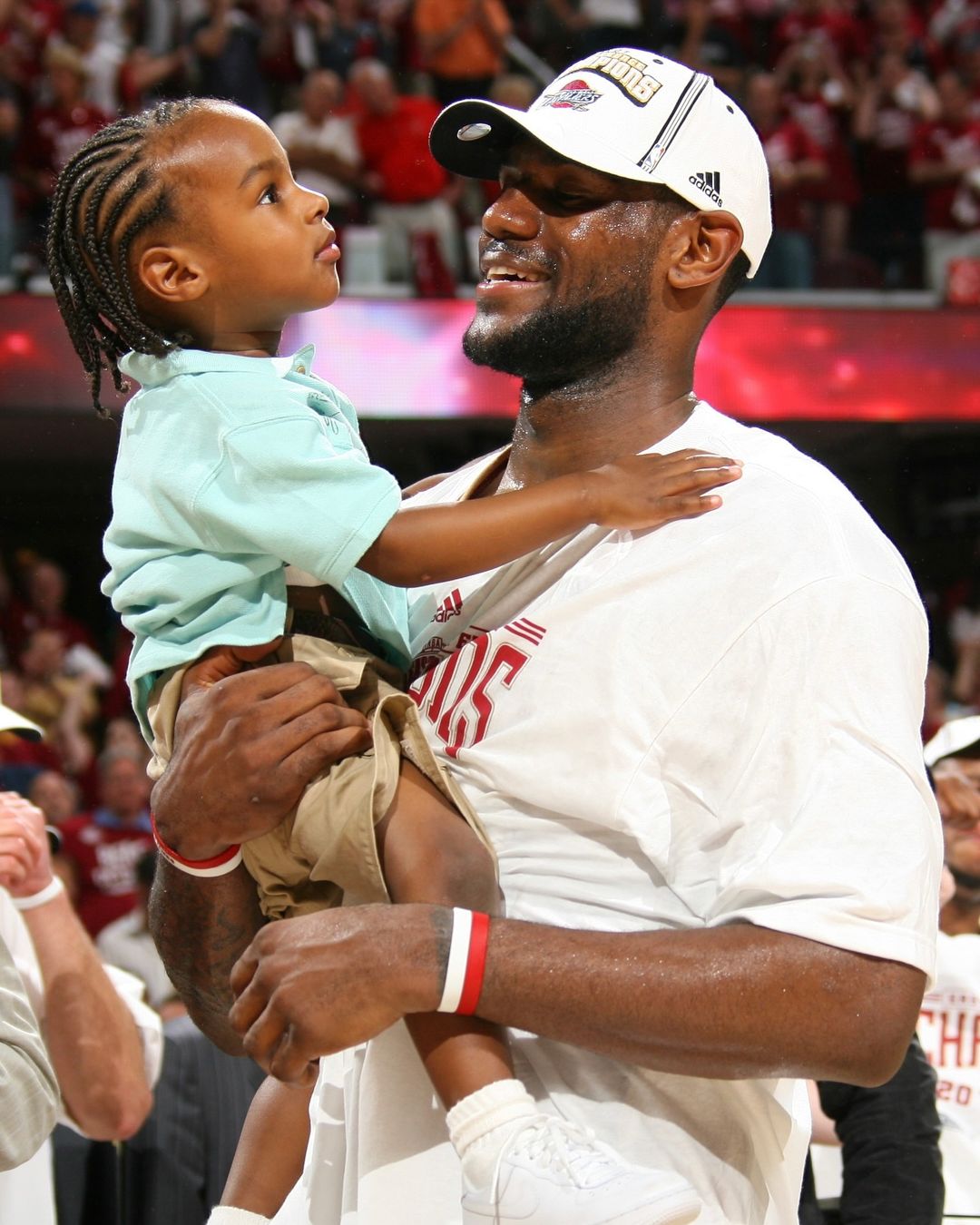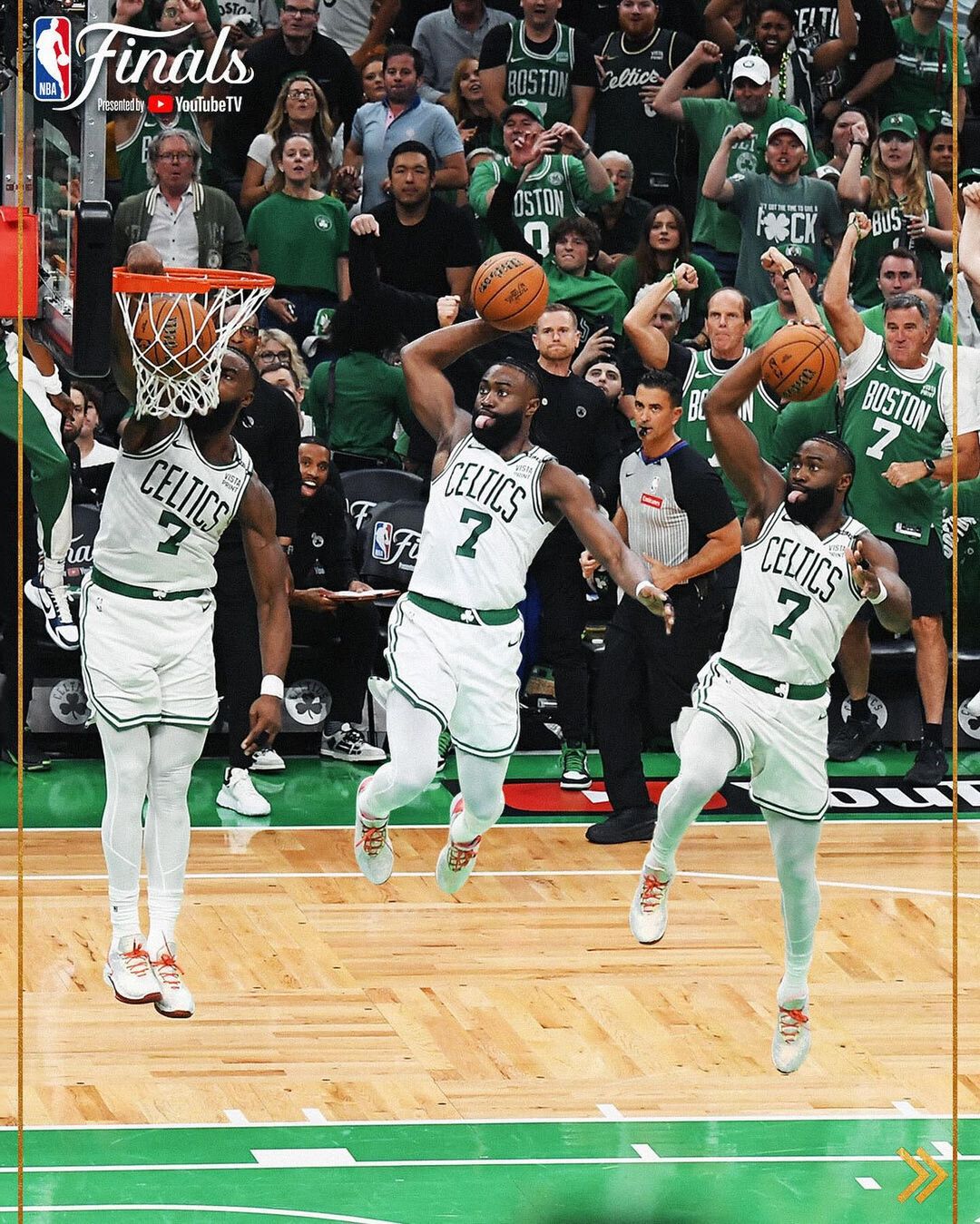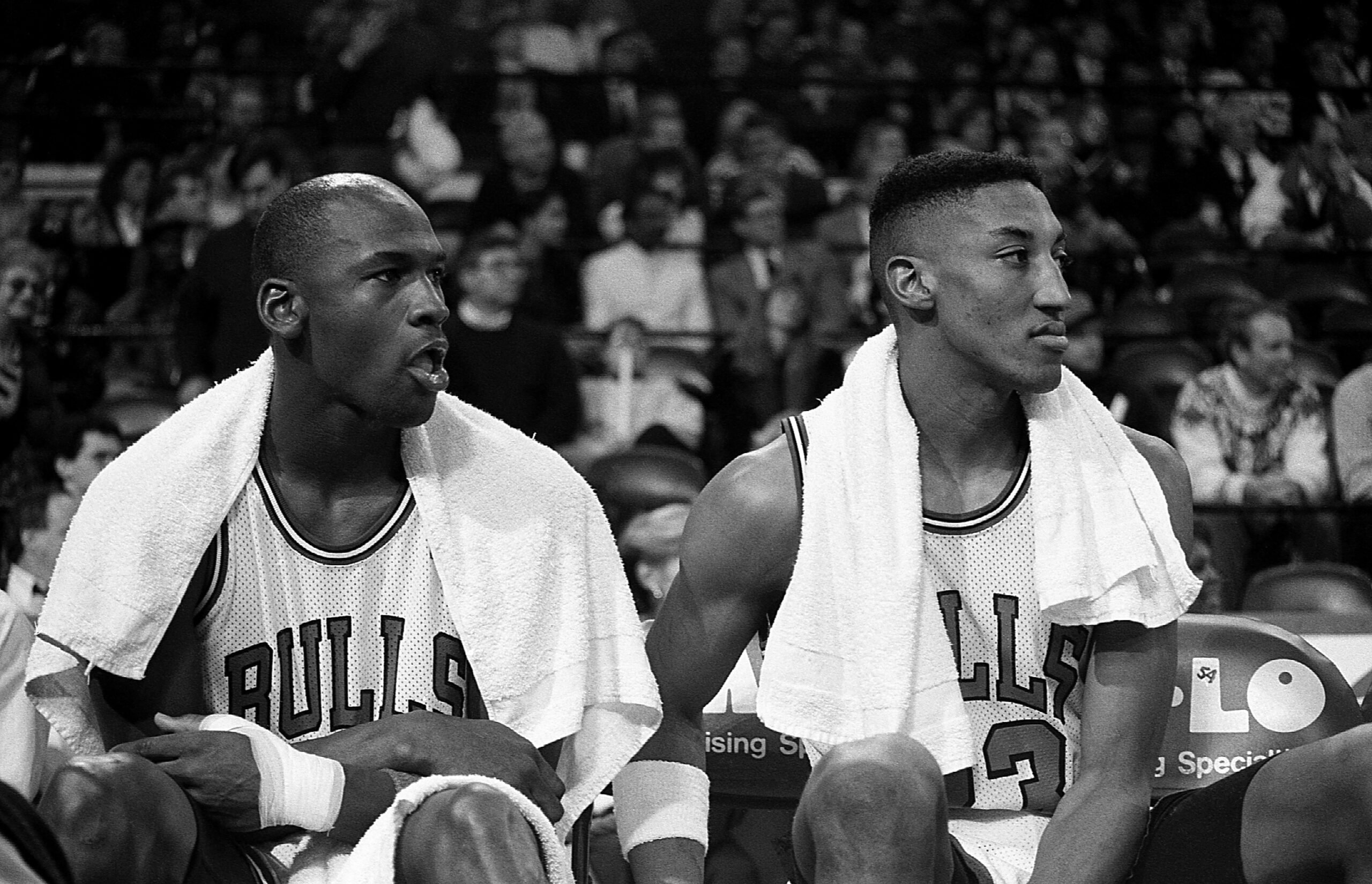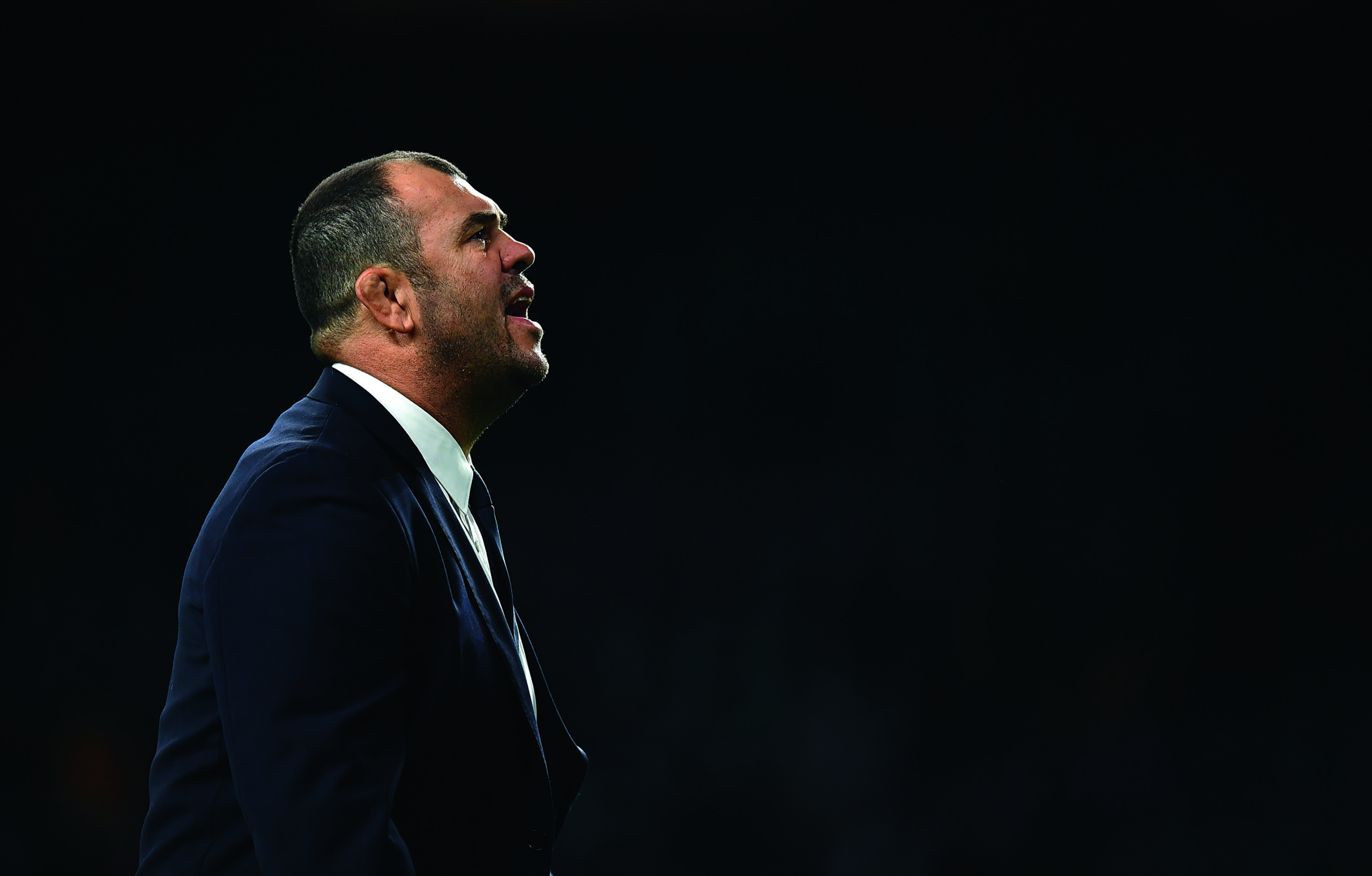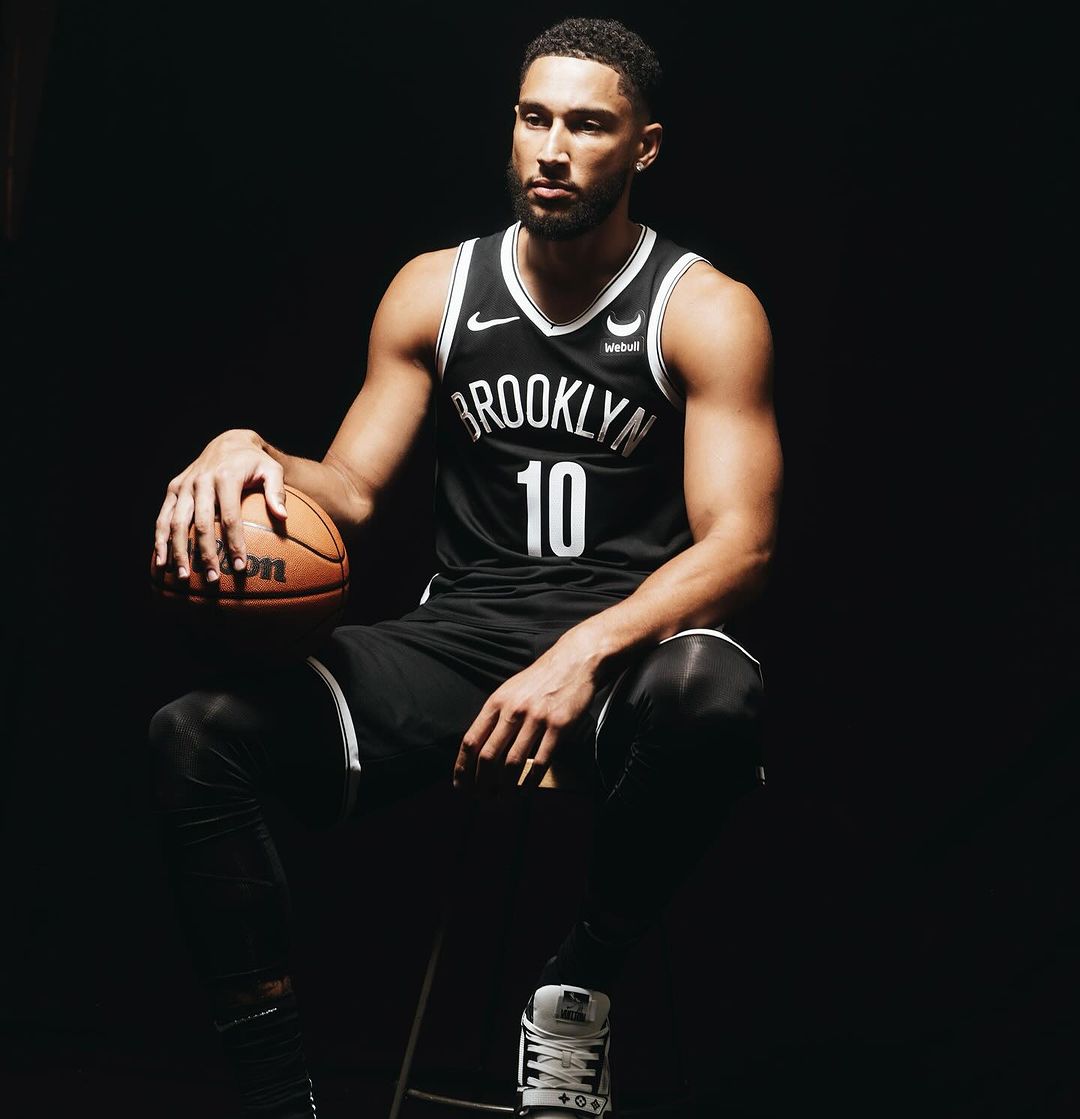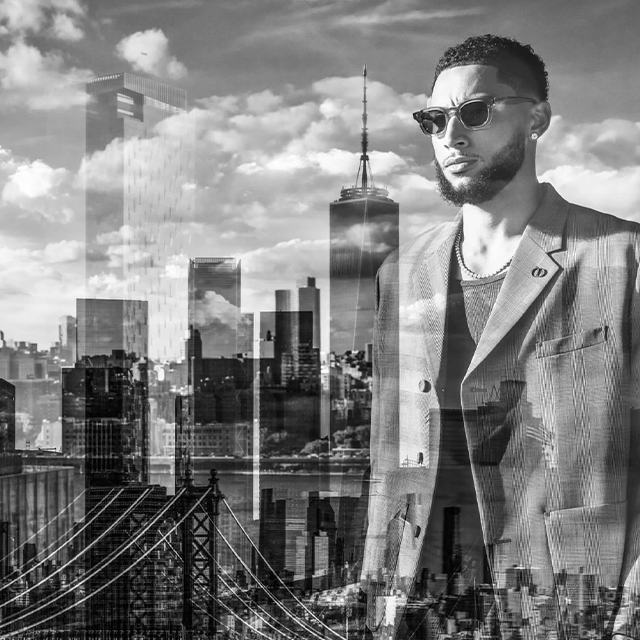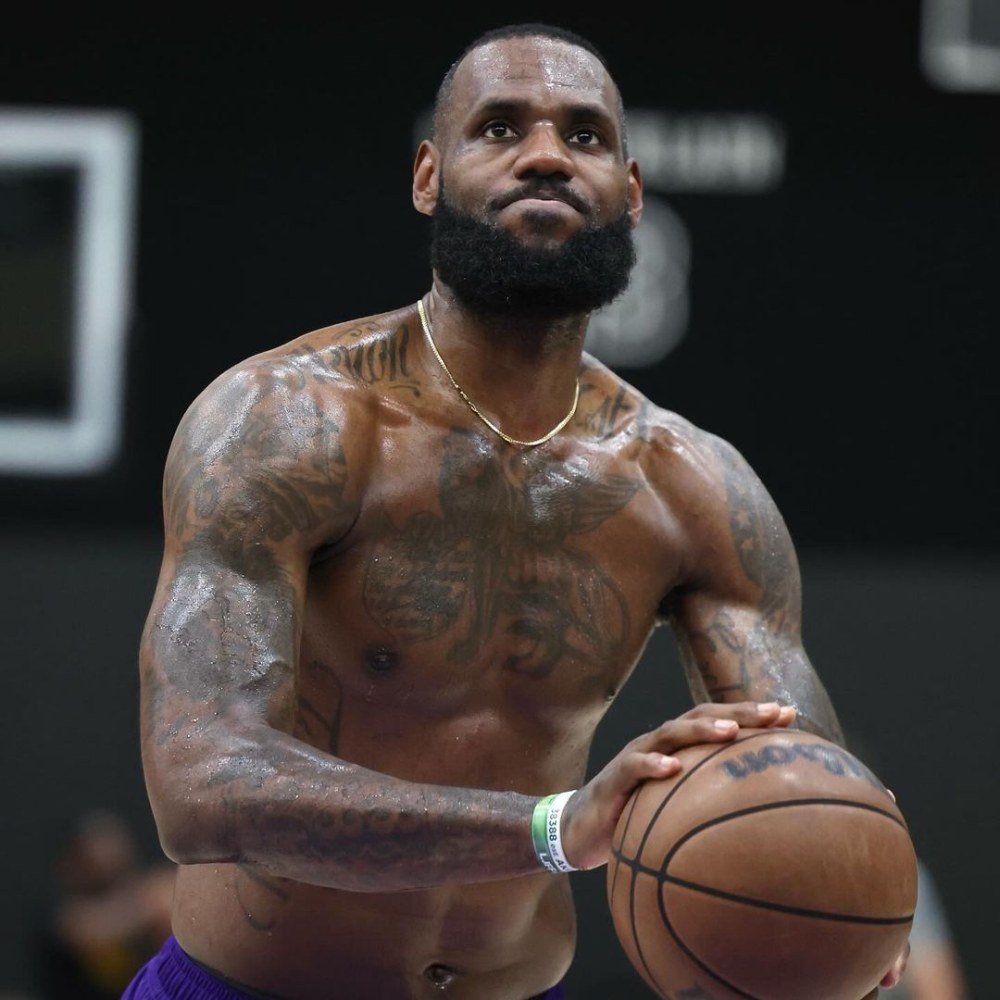Anthony Edwards is not Michael Jordan. But maybe he doesn't need to be
With his explosive athleticism, dazzling skills and boundless charisma, ‘Ant Man’ is drawing comparisons with you know who. Surely he can't live up to those expectations, can he?
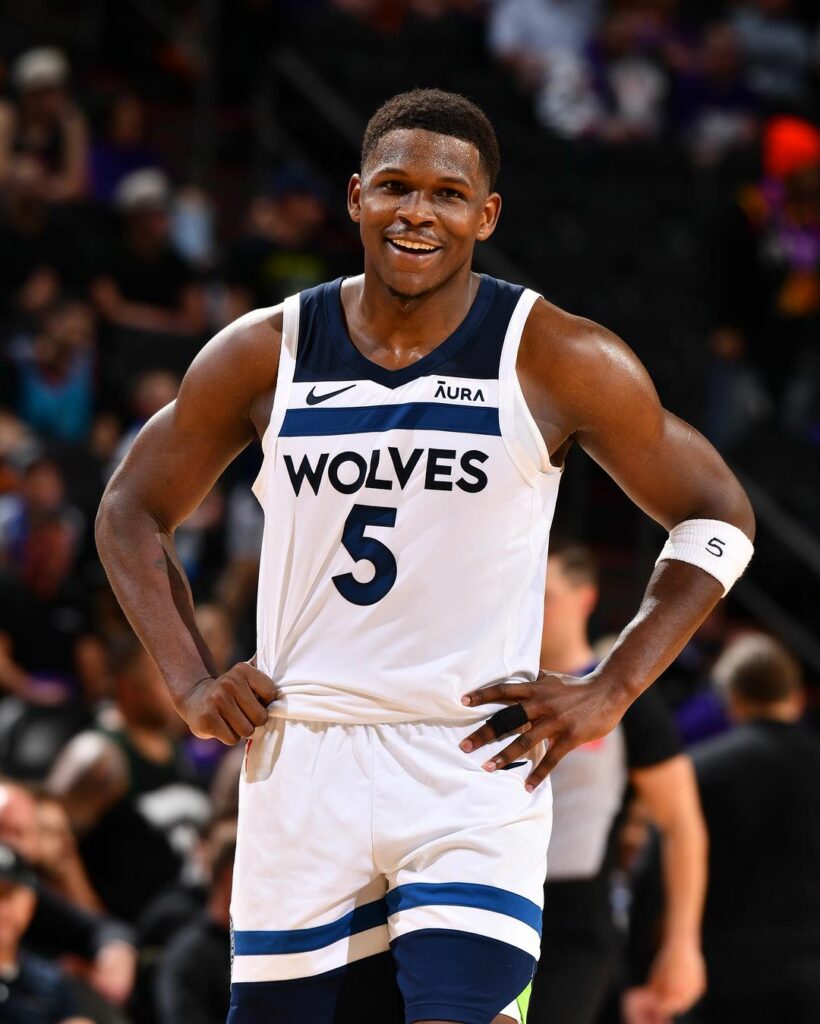
IN THE FOURTH quarter of game one in the NBA’s Western Conference semi-finals between the Minnesota Timberwolves and the Denver Nuggets, Anthony Edwards received the ball on the left wing and began posting up his defender. Pivoting left, then right, drawing contact as he went, Edwards turned and launched into a turn-around fadeaway jump-shot. Money.
The shot gave the Timberwolves, who are currently boxing the ears of the reigning champion Nuggets behind their long-armed defence and Edwards’ otherworldly play, crucial breathing space that allowed them to run away with the game.
But the repercussions of the shot wouldn’t end there, for it would find another life on social media, as so many of Edwards’ highlight plays do these days. There it was edited, cut and fashioned into a side-by-side comparison with the most famous fadeaway jumper in the history of the game – yes, the one belonging to arguably (in the truest sense of that word) the greatest player of all time (GOAT), Michael Jordan.
The Edwards/Jordan comparisons have been brewing for a while, whispered at first, before exploding as ‘Ant Man’ continued to rack up highlight-reel plays and a social-media wildfire gathered irresistible momentum. It has reached a crescendo (at least we think it’s the crescendo, though the way Edwards is playing right now, all bets are off) this week.

The shot-by-shot comparisons, side-by-side photos and face-splitting comps sit alongside unfounded (but kind of fun) speculation about Edwards’ parentage. Scuttlebutt reports and blatant misinformation posts about Jordan’s alleged promiscuity back in 2000, the year of Edwards’ conception, have provided seeds for an urban legend to take root in which Edwards is not just Jordan’s heir (air) apparent on the court but, in fact, his son.
Of course, Edwards is not the first player to be compared to ‘His Airness’ and he likely won’t be the last. Just a couple of years ago, the Miami Heat’s Jimmy Butler, who grew up without a biological father, was the subject of speculation that he was Jordan’s son, another crackpot case built on the pair’s shared alpha-dog levels of competitiveness.
Joining of digital dots based on little more than a player’s mien or mannerisms is a feature of the social media age. Previously, rather than searching for signs of Jordan’s GOAT DNA in current players, the search was on to find and anoint his on-court successor. Penny Hardaway, Kobe Bryant, Vince Carter and countless others were all championed as potential candidates, with Bryant, who mimicked Jordan’s game and mannerisms, right down to No.23’s facial ticks, coming closest to actually filling his shoes – yes, those would be Jordan 1s.
The search largely stopped in the 2010s, when LeBron James began to establish himself as a genuine rival to Jordan in the GOAT stakes. That argument has largely taken over the conversation in hoops socials ever since.
Until now. In his explosive, airborne style of play – the thunderous dunks, electrifying first step and now, in the way he’s been able to capture some of the artistry of Jordan’s patented late-career fadeaway jump shot, on top of his mega-watt charisma, Edwards is making what should be blasphemous to even suggest – that he’s the second coming of Jordan – seem if not valid, not entirely preposterous. That he is doing all this at just 22 is genuinely grey matter-melting.
The Ringer’s Bill Simmons, a pundit prone to hyperbole and a serial prisoner of the moment – he has a gargantuan podcast audience to keep entertained – recently speculated on what would happen if Edwards were to lead the Timberwolves to the title this year. It would be a feat that would immediately crown him as the best player in the game, Simmons said. He then projected that Edwards would be the breakout star of Netflix’s upcoming Drive to Survive-style docuseries on the NBA, before wondering if the 22-year-old might rule the US Olympic team – one that includes the likes of James, Steph Curry and Kevin Durant among other Hall-of Famers – in the same way that Magic Johnson and Larry Bird were forced to cede their primacy to Jordan back at the 1992 Barcelona Olympics. Simmons concluded his podcast with this: “basketball is about to change as we know it”.
Heady stuff and history should perhaps tell us all to chill. Edwards himself has sought to douse the comparisons with Jordan, telling Fox Sports, “He’s the greatest of all time. I can’t be compared to him”. Ant said it’s not the pressure of the comparison he recoils from but that “it’s just not possible”. This is, of course, what you’re supposed to say in face of such lofty comparisons, though previously Edwards had told ESPN “they not wrong” when asked about similarities between him and Jordan.
If we wanted to be finicky about it, the player Edwards perhaps most closely resembles is actually Dwyane Wade, who won a title with Miami at just 24, albeit with the help of a still potent Shaq at his side. Wade would never truly reach such heights again, something we should keep in mind here. One title or even two, doesn’t make you a GOAT. Jordan won six, including two three-peats, something no less than Kevin Durant struggles to comprehend.
Edwards is right to play down the comparisons. Chasing Jordan is a fool’s errand – James famously described it as “chasing a ghost”. But this is largely out of Edwards’ hands. If he continues to play at the level he is currently, the comparisons will only grow louder. And if he were to win the title at 22, he will have accomplished something that it took the mighty Jordan until he was 28 to achieve.
Time till tell on that one, but the question of why we need to cast new champions in the image of those that have come before is an interesting one to ponder. For one, it makes for great content, driving likes and vitriol in cascading comment threads on social media.
It’s possible as well, that as time elapses and memories of Jordan’s deeds grow more and more outsized, he’s become more of a mythical figure than a flesh-and-blood mortal among large sections of hoops fandom. The search for a figure who might inhabit the same space in the firmament perhaps draws on universal and deeply-rooted desires to seek out something larger than ourselves. This is not withstanding that Jordan, a reportedly terrifying teammate and inveterate gambler, was all too human and perhaps not the most suitable person to inspire mass idolatry.
The search for a Jordan successor, among Gen-X fans, meanwhile, could simply be about recapturing the sense of wonder he inspired in us as we watched him as kids or teenagers.
To use a heavy-handed but possibly (if you really force it) applicable religious metaphor, it’s a heavy cross to bear. Should the Nuggets come back and knock Edwards and the Timberwolves out of the playoffs, or should they get defeated in the next round or even in the finals, it would not be a surprise. Young teams are supposed to bomb out early. Edwards is supposed to take his lumps, as Jordan did against the Bad Boy Pistons back in the ’80s, before ascending to the throne.
If Edwards does fall short, we will all feel a little silly, before moving on to look for Jordan’s next successor – or we’ll go back to arguing with strangers on the internet about who the GOAT is. But right now, that’s all in front of us. The air is ripe with possibility, the script has yet to be written and we can probably all be forgiven for getting carried away. We know it doesn’t make sense. We know it probably won’t happen and yet we can’t help ourselves.
As we wait to see what unfolds, it’s perhaps worth noting that before he was Michael Jordan, the skinny kid from North Carolina was known as ‘Mike Jordan’. It was only after he hit the game-winning shot in the 1982 NCAA championship game that he became ‘Michael Jordan’. That was a feat that players these days would inevitably greet with the very meme-able exclamation, “I’m him” as in that guy, or the man.
Anthony Edwards might not be Michael Jordan but there is a chance that he just might be ‘him’.
Related:
Michael Jordan’s shadow continues to loom large
Men who swear at GOATs: the relentless debate over sporting greats












